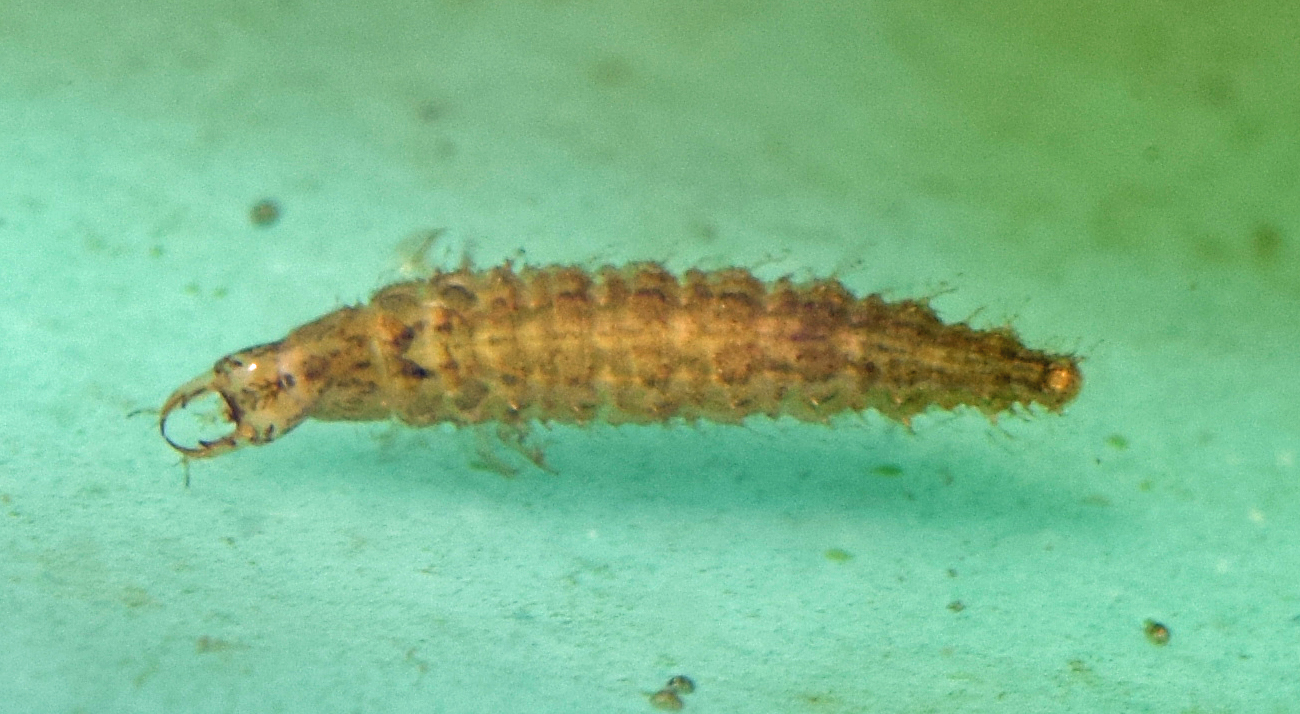Tropisternus Lateralis on:
[Wikipedia]
[Google]
[Amazon]
''Tropisternus lateralis'' is a species of hydrophilid beetle that ranges across much of the
 Adult ''T. lateralis nimabatus'', the subspecies found in the eastern United States, are distinguished by having uniformly dark elytra and pronotum with light-colored borders.
Adult ''T. lateralis nimabatus'', the subspecies found in the eastern United States, are distinguished by having uniformly dark elytra and pronotum with light-colored borders.
 ''T. lateralis'' exhibits stridulation during stress, calling, and courtship. Eggs are deposited in cases under water, and larvae are fully aquatic. While adults are primarily aquatic, they breathe air and can fly. Adult ''T. lateralis'' avoid colonizing and laying egg cases in ponds that contain fish, which are potential predators of all life stages of the beetles.
''T. lateralis'' exhibits stridulation during stress, calling, and courtship. Eggs are deposited in cases under water, and larvae are fully aquatic. While adults are primarily aquatic, they breathe air and can fly. Adult ''T. lateralis'' avoid colonizing and laying egg cases in ponds that contain fish, which are potential predators of all life stages of the beetles.
Americas
The Americas, which are sometimes collectively called America, are a landmass comprising the totality of North and South America. The Americas make up most of the land in Earth's Western Hemisphere and comprise the New World.
Along with th ...
.
Description
 Adult ''T. lateralis nimabatus'', the subspecies found in the eastern United States, are distinguished by having uniformly dark elytra and pronotum with light-colored borders.
Adult ''T. lateralis nimabatus'', the subspecies found in the eastern United States, are distinguished by having uniformly dark elytra and pronotum with light-colored borders.
Distribution
The range of ''T. lateralis'' includesNorth America
North America is a continent in the Northern Hemisphere and almost entirely within the Western Hemisphere. It is bordered to the north by the Arctic Ocean, to the east by the Atlantic Ocean, to the southeast by South America and the Car ...
as far north as southern Canada, South America south to northern Chile and Argentina, the Caribbean
The Caribbean (, ) ( es, El Caribe; french: la Caraïbe; ht, Karayib; nl, De Caraïben) is a region of the Americas that consists of the Caribbean Sea, its islands (some surrounded by the Caribbean Sea and some bordering both the Caribbean Se ...
, and the Galápagos Islands. ''T. lateralis humeralis'' has been accidentally introduced to Oahu.
Behavior
 ''T. lateralis'' exhibits stridulation during stress, calling, and courtship. Eggs are deposited in cases under water, and larvae are fully aquatic. While adults are primarily aquatic, they breathe air and can fly. Adult ''T. lateralis'' avoid colonizing and laying egg cases in ponds that contain fish, which are potential predators of all life stages of the beetles.
''T. lateralis'' exhibits stridulation during stress, calling, and courtship. Eggs are deposited in cases under water, and larvae are fully aquatic. While adults are primarily aquatic, they breathe air and can fly. Adult ''T. lateralis'' avoid colonizing and laying egg cases in ponds that contain fish, which are potential predators of all life stages of the beetles.
Subspecies
There are five recognized subspecies of ''Tropisternus lateralis.'' *''T. lateralis humeralis'' Motschulsky, 1850 *''T. lateralis lateralis'' (Fabricius, 1775) *''T. lateralis limbalis'' (LeConte, 1855) *''T. lateralis limbatus'' (Brullé, 1837) *''T. lateralis nimbatus'' (Say, 1823)References
{{Taxonbar, from=Q14931061 Hydrophilinae Beetles described in 1775 Taxa named by Johan Christian Fabricius